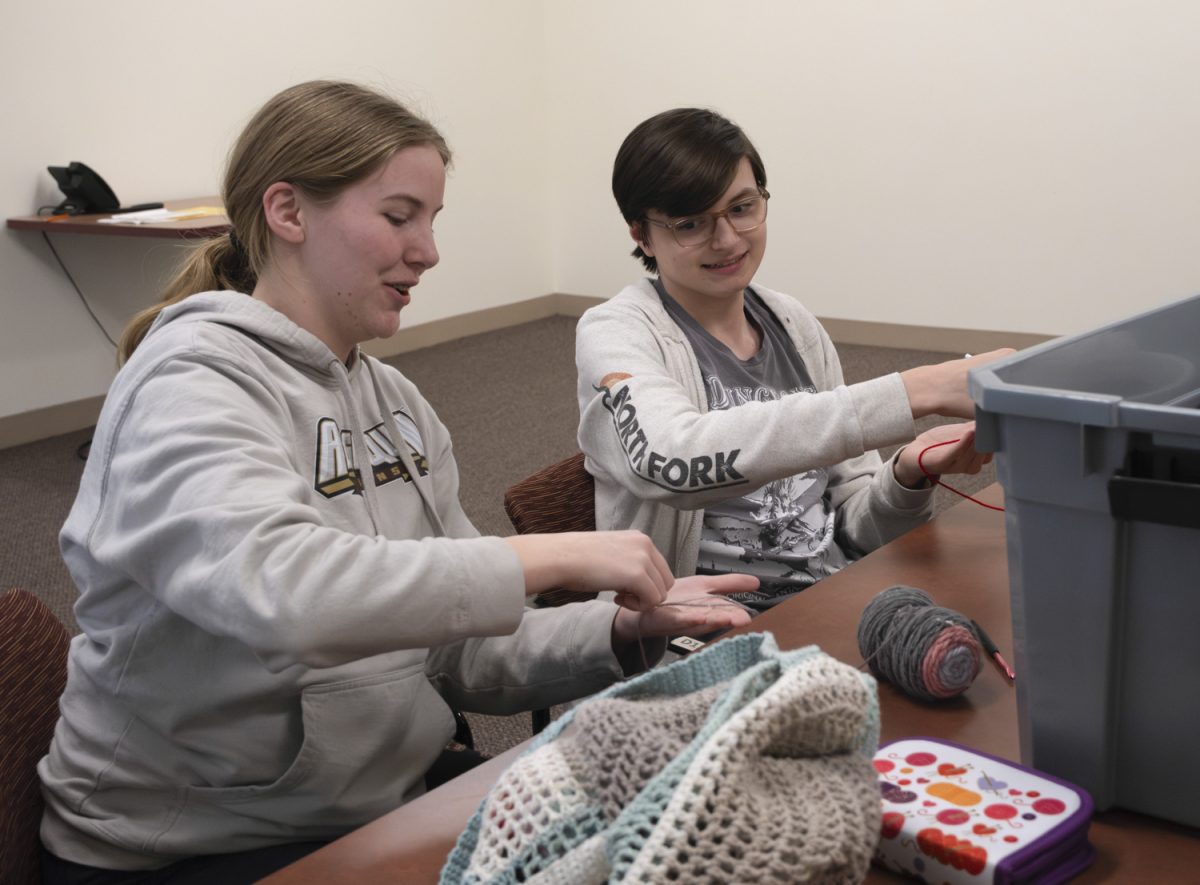The scent of freshly steamed dumplings and soy-braised pork drifts through the tiny apartment, mingling with the sharp, citrusy tang of some pomelo peel. Senior Jason Wu carefully adjusts the phone camera perched on a stack of books, tilting it to capture the glowing lanterns he hung in the corner. On the screen, his grandmother’s weathered hands move gracefully, peeling mandarins while his siblings mingle over the clatter of chopsticks and bowls in the background. Thousands of miles away in Taiwan, the family altar glows softly, its incense smoke curling like a bridge across the Pacific.
For many, celebrating holidays with family nearby is simple and convenient, however not everyone has this privilege. For someone like Wu, who lives apart from his biological family in Taiwan, celebrating holidays while separated feels much more challenging. Although Wu mentions that he often communicates with his family through Instagram or Line, he feels a lost sense of unity when celebrating Chinese New Year with his family digitally.

“Being away or just being separated definitely takes away from the festive feeling of each holiday,” Wu said. “The whole point of Chinese New Year is to reunite with your family and gather everyone, every family member, and have a great time. But being separated, it’s hard to do that, so we would just compromise using video calls.”
Senior Tyler Rose, whose mother works in Singapore while the maternal side of his family resides in China, agrees that communicating digitally takes away from familial bonding. He finds that meeting online lacks the deep connection that meeting in person has.
“In person, there’s the human connection: you can eat together, you can joke, and you can actually see [each other] better in real life,” Rose said. “But digitally, you can’t really do that through a screen.”
Similar to Rose, when celebrating holidays with family, Wu values the in-person experience as he finds meeting with them in person to be particularly meaningful. His approach to gifting for special occasions is unique, as he ensures the gifts are personally delivered to his family in Taiwan.

“Usually it’s a gift or a card that I would make for them,” Wu said. “I usually don’t send out the cards, but I would just take a picture of it and then give it to them when I meet them during the summer. I wouldn’t mail it to them, [since] it feels more special when you give it to them in person.”
One unexpected benefit Wu has found from celebrating holidays apart from his family is the extra time he has to select gifts, such as exclusive BTS merchandise for his younger sister. Although Wu returns to Taiwan at least once a year to pass those gifts to his relatives, he still feels that not being able to celebrate holidays in person has been unfortunate compared to others who can. He finds that he has to deal with conflicting feelings when calling his family.
“I would be jealous of people who can celebrate it with their actual family,” Wu said. “I just look forward to the next time I see them. I just have to grit my teeth and try to not think about it too much and just enjoy the time we can spend video calling each other.”

Having grown up in Taiwan, Wu fondly remembers the holiday traditions he shared with his siblings, such as strolling through night markets and soaking in the festive atmosphere. Among the foods he especially misses are Taiwanese deep fried sweet potato balls (地瓜球), as well as egg noodle soup (鍋燒意麵). Rose, who used to live in China with the maternal side of his family, also recalls a similar experience in Hangzhou.
“When I was still living in China back then, there was one year we lit fireworks to celebrate Chinese New Year,” Rose said. “Last summer, I went back to China for a family reunion. We stayed in this nice rented property beside a lake and we sat there and it’s pretty nice. We also always go to this one nice restaurant because my aunt’s friend is the owner of it.
In addition to celebrating Chinese New Year, Rose also celebrates Thanksgiving and Christmas with the paternal side of his family in both Tennessee and Arizona, finding it much easier to celebrate holidays with them in the U.S. compared to China. Rose explains that since Chinese New Year is celebrated during the school year when there are no breaks, Thanksgiving is much easier celebrated when his family simply flies to Arizona to his aunt’s house for a short trip.
Alternatively, MVHS science teacher Jim Birdsong, shares that his older daughter, who currently studies in Chicago, usually comes back home during Thanksgiving. This year, however, since Birdsong’s younger daughter, Gillian, had just started college in Canada, they have an unconventional plan to celebrate the upcoming Thanksgiving.
“We’re gonna have fake Thanksgiving the weekend before,” Birdsong said. “And then during Thanksgiving, we’re flying to Vancouver with my [older] daughter. In Canada, that week’s not Thanksgiving, so in between Gillian’s classes, we’re going to steal her as much as we can and while she’s studying, the other three of us will go sightseeing and hiking. Whatever we can get, we’re happy with.”
Since this is the first year Birdsong will experience celebrating Thanksgiving with both his children apart, he mentions that his family will miss the yearly traditions they typically have. These traditions have been a cornerstone of their holiday experience, bringing the family together and creating cherished memories.
“My sister-in-law’s family always puts on this really big party the day after Thanksgiving,” Birdsong said. “They live pretty close to the Valley Fair Mall, so that the origin was, ‘come by after you’re done shopping, and we’ll hang out and eat.’ It blew up to this really big thing. We couldn’t eat too much at Thanksgiving because we were going to eat a lot the next day. We won’t be here for that, and it’s the first time in maybe ten years that that didn’t happen, so my kids are upset, because that’s a lot of fun.”
Despite not being able to continue his family traditions, Birdsong finds it more liberating to celebrate holidays without the concern of his daughters, as well as being able to travel more to the cities where his daughters reside. Similarly, as Rose plans to visit his relatives in China this winter break, he hopes to see them more often through new technology, such as virtual reality (VR), especially as they age and opportunities to connect become fewer.
“Most of my family’s getting pretty old, so I don’t know if they’ll see VR become a big reality,” Rose said. “In the far future, it could be like VR through their house or something. That could be cool.”
Ultimately, Wu, Birdsong and Rose all hope to see their family more often in person. However, since most holidays don’t fall during the summer break, they have limited opportunities to reunite with their loved ones.
“I wish there was something in the summertime that brought people together to the same extent as Christmas and Thanksgiving,” Birdsong said. “It’d be kind of cool if that became more of a tradition for my family or just in general what you did with your friends.”
This story was originally published on El Estoque on December 2, 2024.





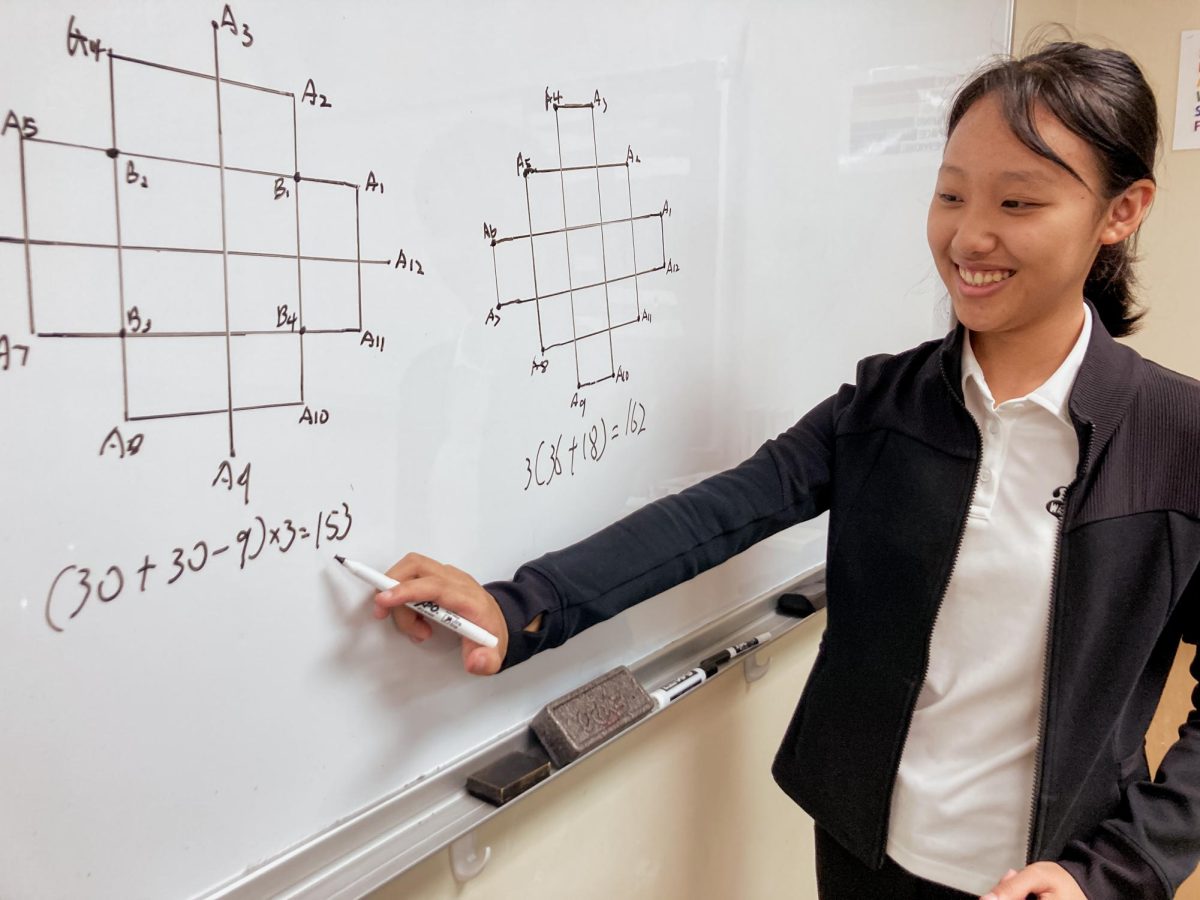



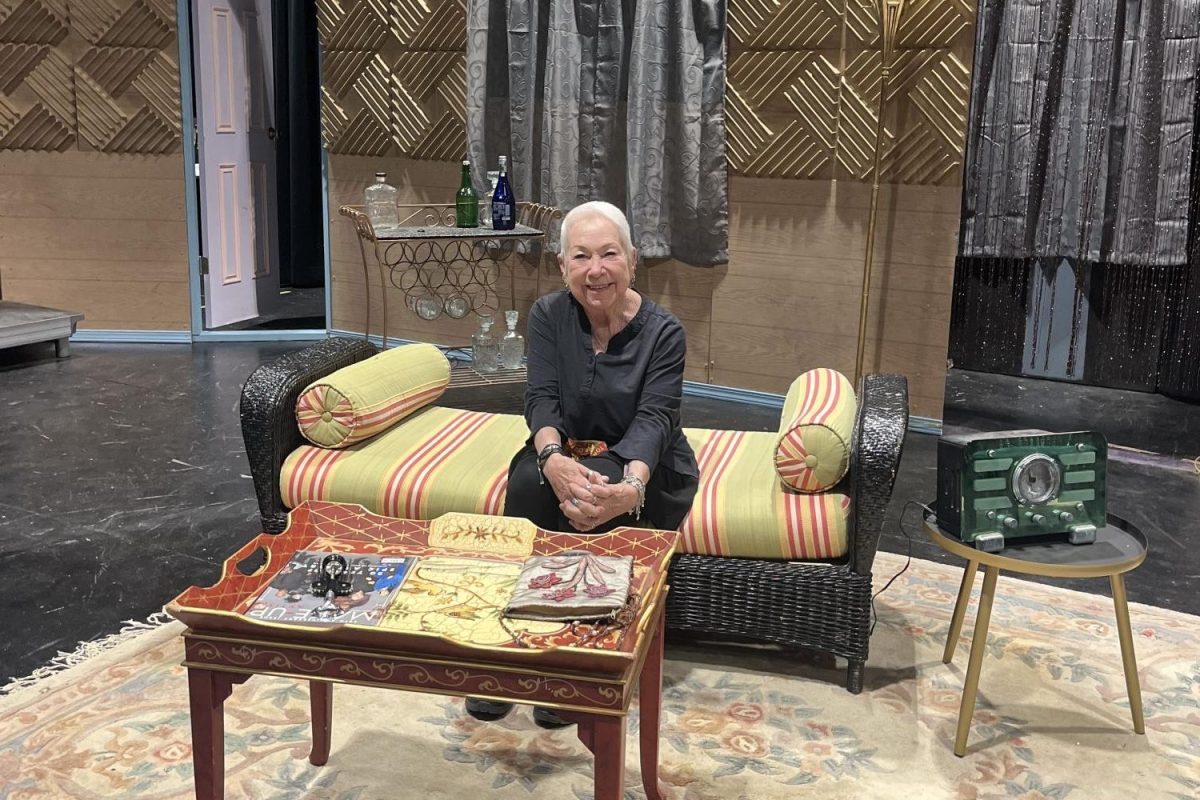

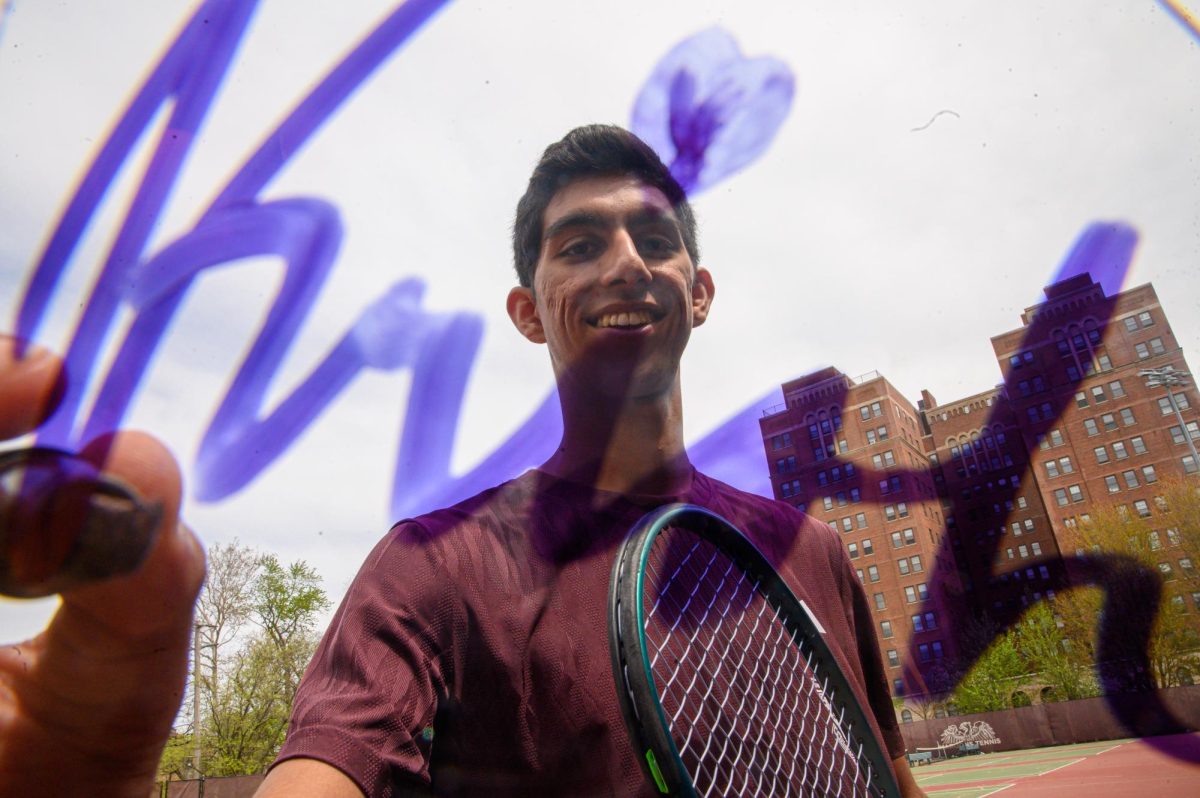


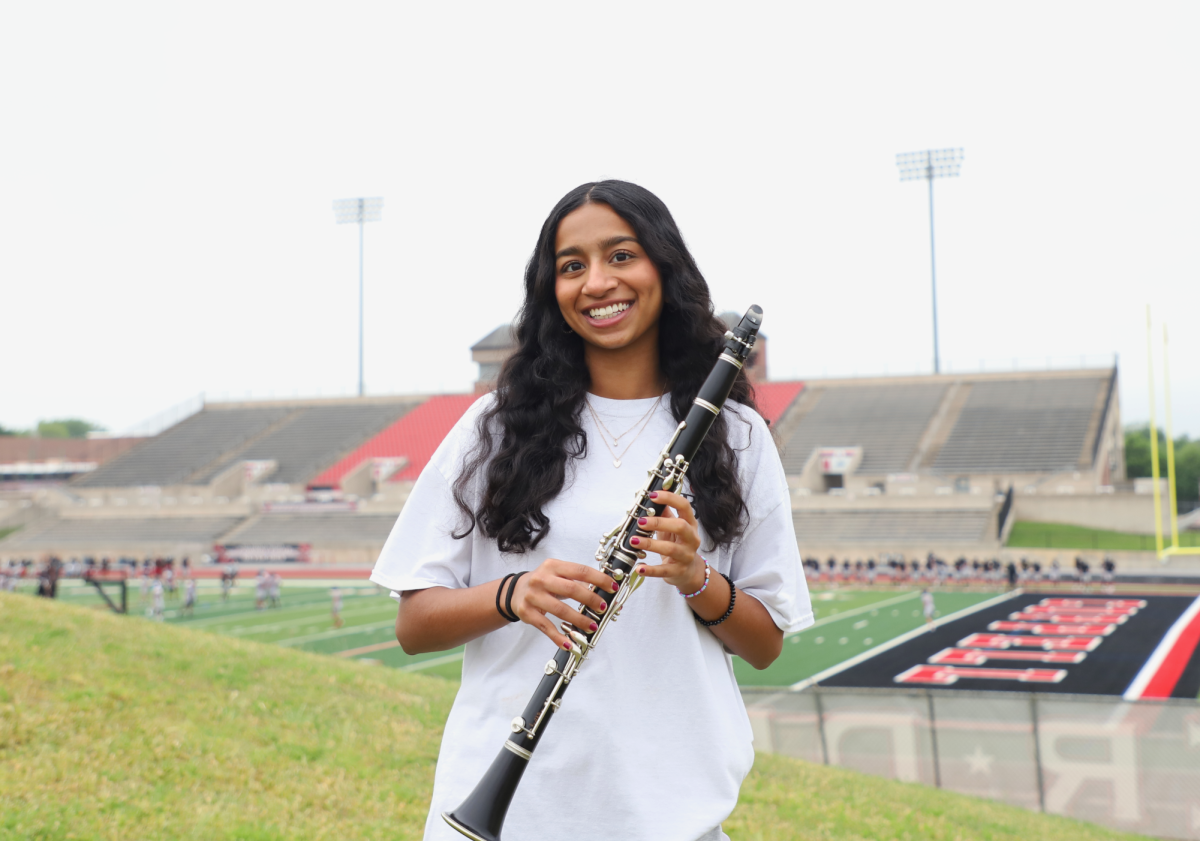
![Finishing her night out after attending a local concert, senior Grace Sauers smiles at the camera. She recently started a business, PrettySick, that takes photos as well as sells merch at local concert venues. Next year, she will attend Columbia Chicago College majoring in Graphic Design. “There's such a good communal scene because there [are] great venues in Austin,” Sauers said. “I'm gonna miss it in Austin, but I do know Chicago is good, it's not like I'm going to the middle of nowhere. I just have to find my footing again.” Photo Courtesy of Grace Sauers.](https://bestofsno.com/wp-content/uploads/2025/05/Grace.png)
